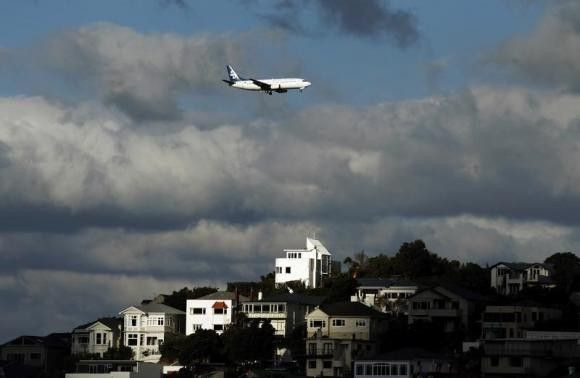New Zealand Oil Prices Lowest In 18 Months; Drop In Cost Uncertain To Last Long

Petrol prices in New Zealand have dropped to their lowest in 18 months as BP, Caltex and Z Energy recently announced further cuts. All three companies have reduced the price of fuel by two cents to $2.08, according to reports.
The recent drop is the seventh time in a span of six weeks with BP dropping the price of diesel to $1.41. Z Energy spokesperson Jonathan Hill said in a Stuff.co report that the additional cuts were possible because of the strong New Zealand dollar and falling international oil prices abroad. He believes the cuts will continue if global barrel prices remain low, along with the strengthening of the Kiwi.
The low cost of petrol is good news for motorists, but Automobile Association PetrolWatch spokesman Mark Stockdale said it was difficult to predict if oil prices will continue to drop for long. He noted that New Zealanders are paying for the same price for petrol as in 2012 and 2013. The price of oil is influenced by exchange rates and commodity prices.
According to the Automobile Association, if the New Zealand dollar had not dropped in July, motorists might be paying $2 per litre of petrol by now as global prices slumped to their three-year lows in the United States. Industry experts said a 1c drop in the dollar is equivalent to a 1c increase in petrol price. The New Zealand dollar has traded for as low as 78 U.S. cents since October.
The global drop in oil prices saves airlines millions of dollars every week since jet fuel is their biggest expense. The NZ Herald reports that despite the savings brought by lower fuel prices, the cost of airfares remain the same. Airlines may not have a good reason to offer for reducing the fare since planes are always full and their investors want big returns. In the U.S., airline companies had saved $1.6 billion on jet fuel in the 12 month ended in September that boosted their profit margin to 5.7 percent during the first three quarters of 2014. Reports said Wall Street analysts fear lower prices may cause airlines to offer extra flights or new routes where profits are not guaranteed.





















